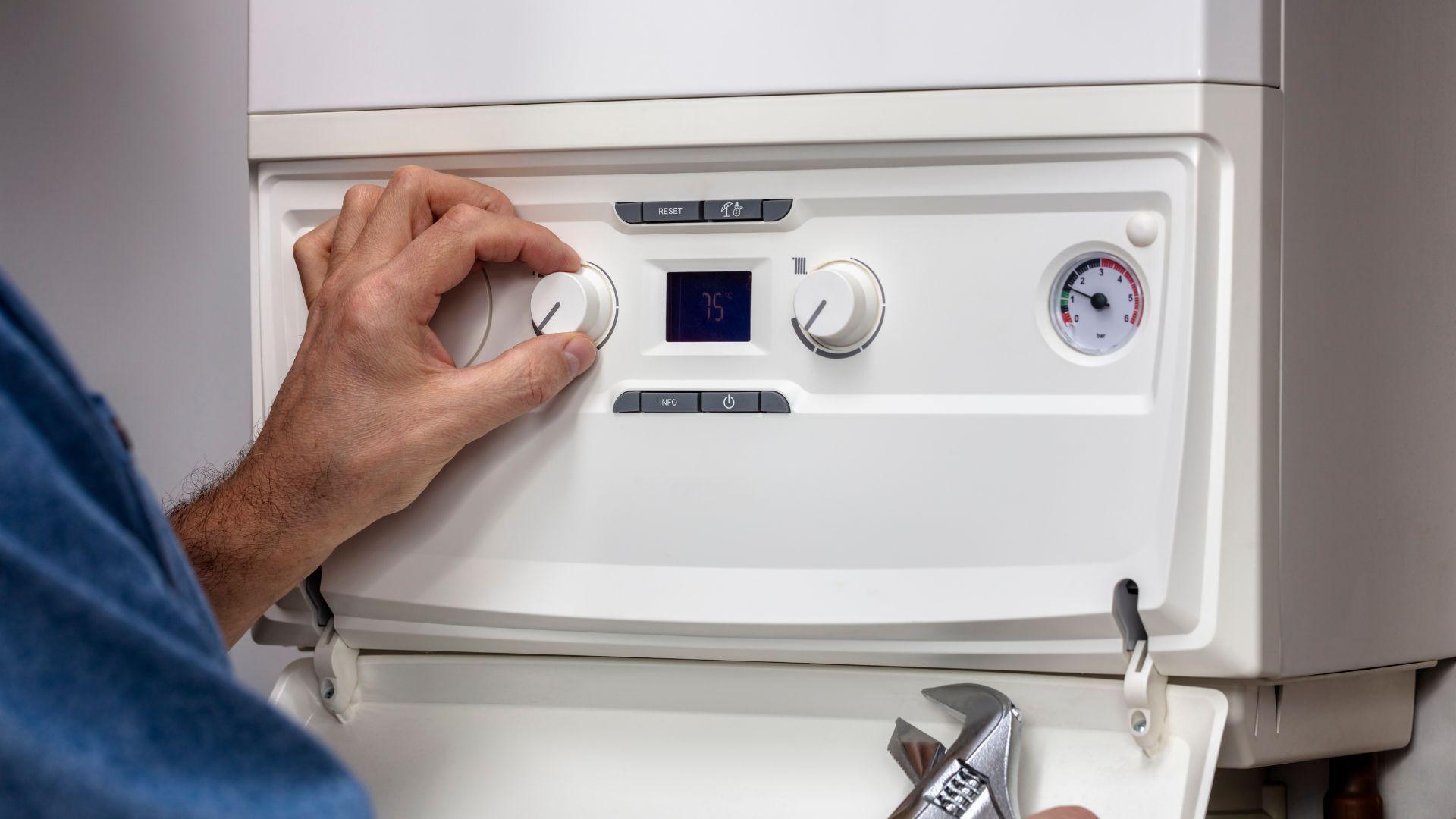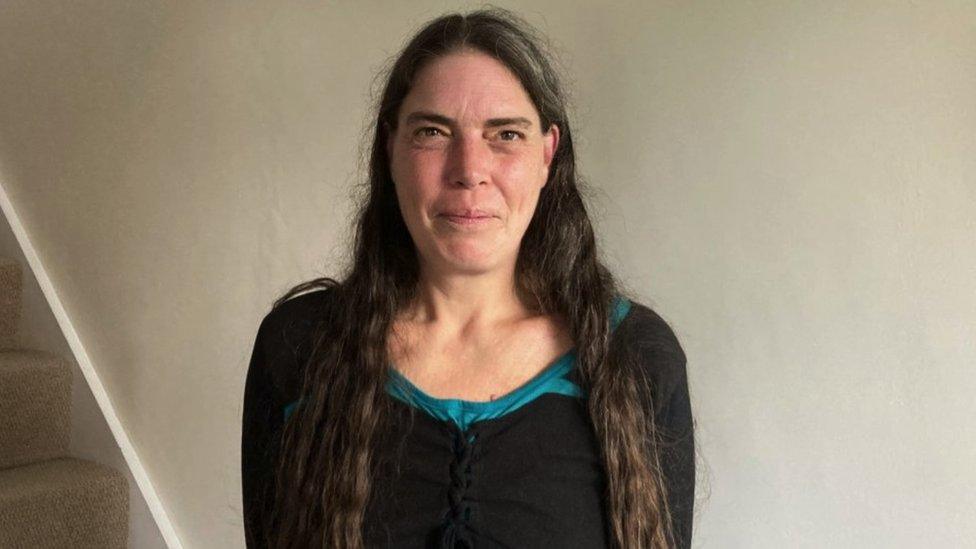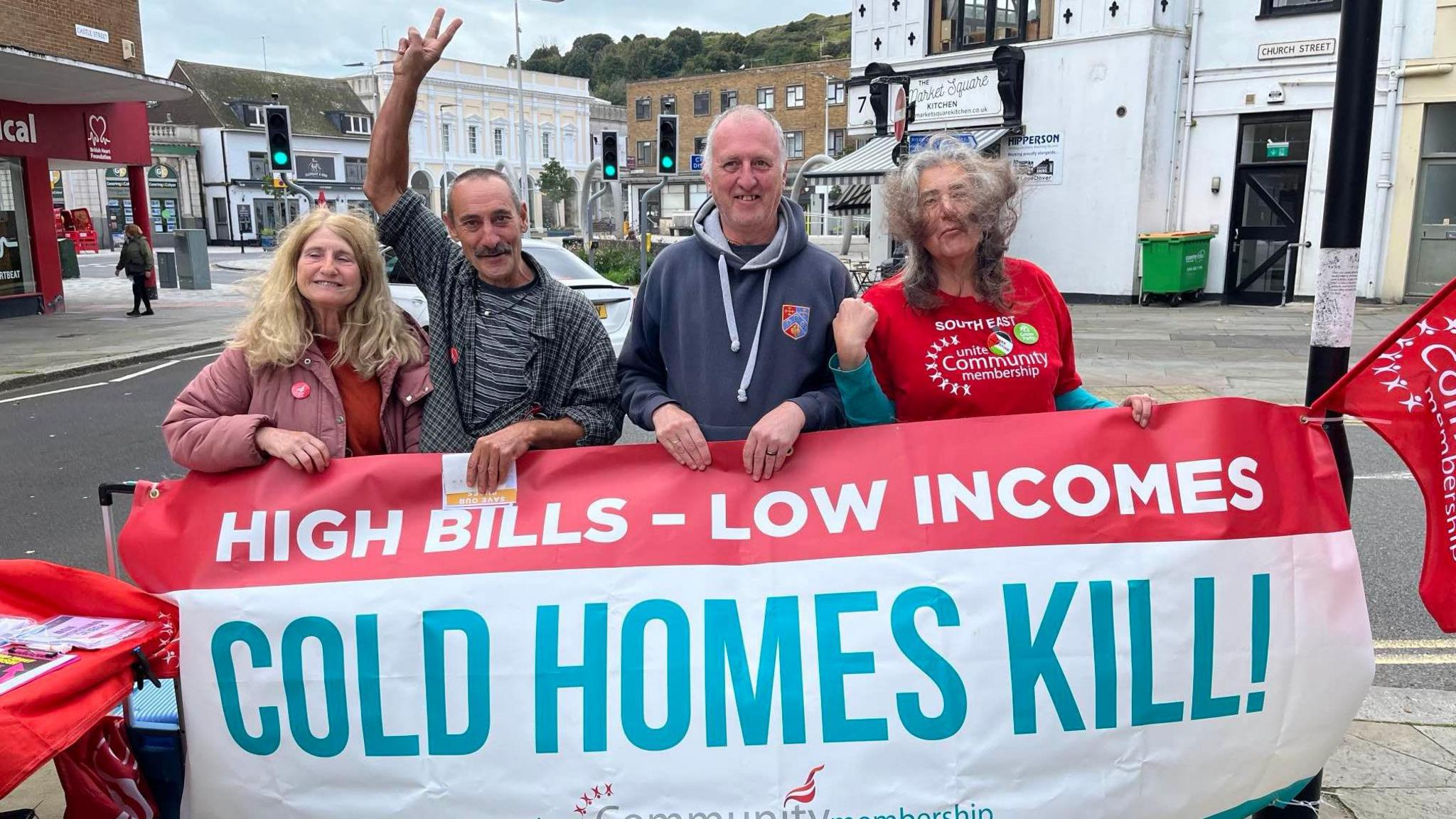More than 16,000 homes in city are in fuel poverty

Thousands of people in Brighton and Hove struggle to heat their home, according to a new report
- Published
More than 16,000 households in Brighton and Hove are living in fuel poverty, according to a report going before councillors next week.
An estimated 13.2% of households – or 16,527 – are estimated to be in fuel poverty as defined by the Low Income Low Energy Efficiency (LILEE) measure, the report states.
This is higher than the average for England and for the South East, the Local Democracy Reporting Service reports.
Brighton & Hove City Council's fuel poverty and affordable warmth plan sets out five objectives to address the issue. The plan will be discussed by councillors on 12 November.
The previous strategy was agreed in 2016 – and the new plan takes into account the cost of living crisis and higher energy prices since 2022.
“Many households face challenges in heating their home, particularly over the winter months," the report states.
"Fuel poverty is the problem faced by households living on a low income in a home which cannot be kept warm at reasonable cost.
“This can mean making difficult choices between heating the home and other essentials such as food, clothing or falling into debt.
“For many households, the result can be living in a home that is cold and/or falling into debt, both of which have cumulative negative impacts on health and wellbeing."
The five objectives to tackle the issue are:
Improve home energy efficiency and increase access to cheaper lower-carbon energy
Support residents struggling to pay their energy bills
Increase effective targeting of households experiencing fuel poverty, prioritising those who are most disadvantaged and vulnerable
Work together to tackle fuel poverty through partnership and learning
Maximise resources and opportunities for tackling fuel poverty and providing support for residents
A household is considered to be “fuel poor” if it lives in a property with an energy efficiency rating below band C and has a disposable income after housing and energy costs below the poverty line.
Follow BBC Sussex on Facebook, external, on X, external, and on Instagram, external. Send your story ideas to southeasttoday@bbc.co.uk , external or WhatsApp us on 08081 002250.
Related topics
- Published7 November 2023

- Published1 October 2024

- Published23 July 2024
